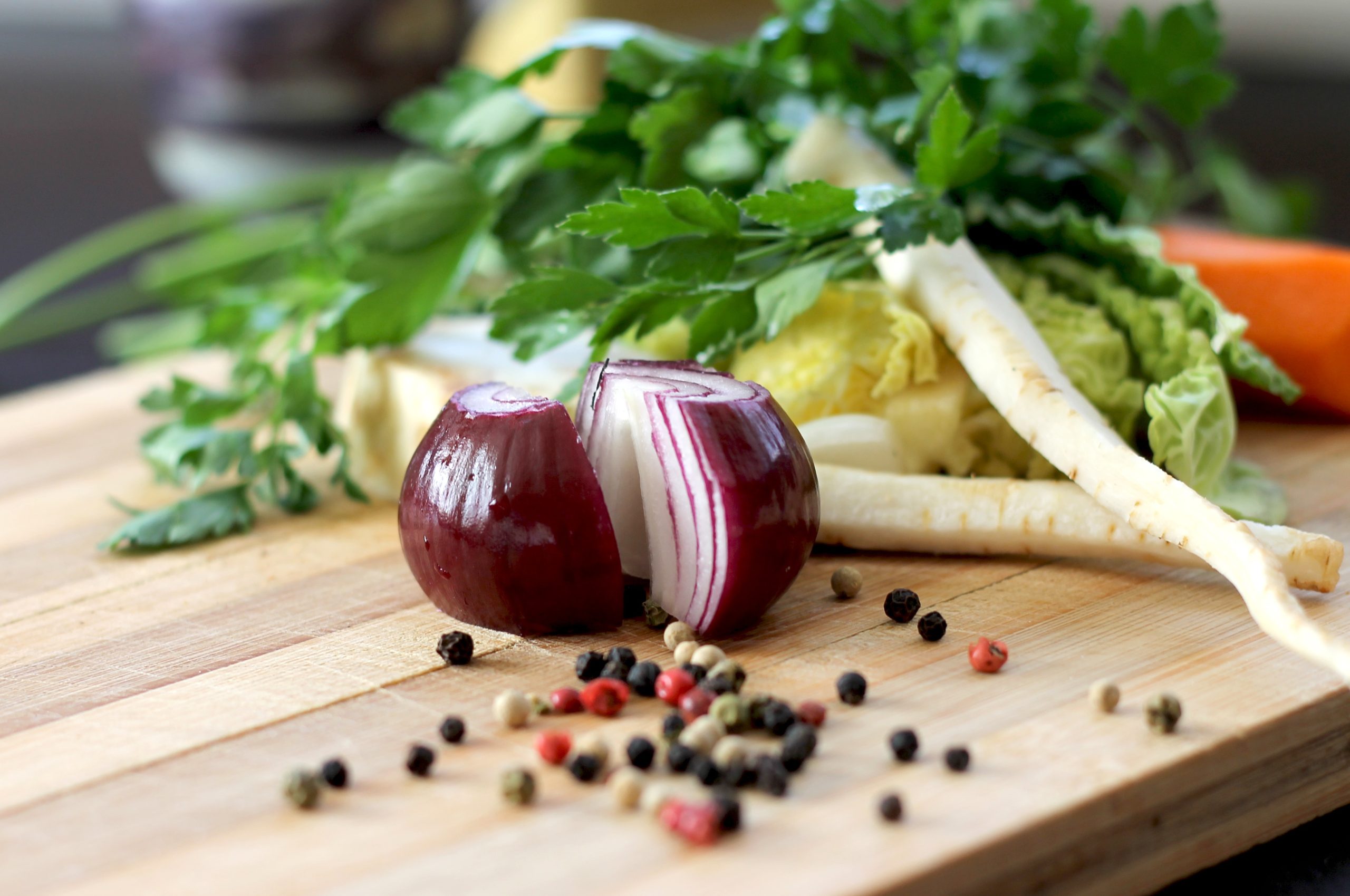Lilly Vergnes' solo exhibition will remain on display at the Palazzi Community Center until February 11, 2026

From Farm to Fork: Rethinking Food Systems in Florence
A Transformative Course at AUF Explores the Cultural, Economic & Environmental Dimensions of Italy’s Food Industry
The American University of Florence offers multiple classes that explore the unique and historic tradition of food culture within Italy. One of these classes, Italian Food Industry: From Farm to Table, allows students to take a deeper look into the different forces that shape the food industry at large. Students are able to engage in lively discussions on fair trade, environmental sustainability, and the social and economic consequences of industrial agriculture.
“We all eat food,” said Valeria Faraoni, the course's instructor. “That’s why it’s vital that we all understand where it comes from, how it’s produced, and who is affected along the way.” Faraoni began teaching the class after a long stint of various humanitarian jobs. Due to her time with organizations like Oxfam Italy and Via Campesina, Faraoni brings a unique perspective that links classroom theory with real-world impact.
The course offers a complete look at sustainability, and not only in the traditional environmental sense. The class is designed to include looking at sustainability through an economic, cultural, and social justice lens as well. “People often forget that sustainability isn’t just about the environment,” explained Faraoni. “Without fair wages, healthy communities, and equitable trade, we don’t have true sustainability.”
Students are able to study Italy’s agricultural industry and how it is influenced by global trade policies and change. Much of the focus is on how to improve the current food system, especially in the face of growing environmental challenges like deforestation, soil degradation, and climate change. Through case studies and class discussions, students decipher how industrial farming contributes to water pollution, biodiversity loss, and increased greenhouse gas emissions. This approach offers a solution based classes instead of one that focuses on only the problems.
The class encompasses a perspective on the stories of labor exploitation and economic disparity that often go untold in the mainstream food narrative. Faraoni is dedicated to showing the food system in its entirety. This includes discussing the harsh realities of farm labor, including poor working conditions, low wages, and the exploitation of migrant workers. “We look at how these practices erode communities and destroy traditional farming knowledge,” she says. “It's important for students to see the full picture.”
Students are able to learn more about how the food they eat gets all the way to the plate. “I originally chose this class to learn about the supply chain, but it turned out to be much more focused on policy and sustainability,” said Nick Jones, a junior from the University of Buffalo. “It changed the way I think about food entirely.”
Jones emphasized that the course made him understand the interconnected nature of food systems and inspired him to care more deeply about organic and fair trade practices. “If you’re interested in environmental issues or just want to support better food systems, this class is a great place to start,” said Jones.
Hands-on, experiential learning plays an essential role in the class. Students participate in cooking labs using only local ingredients, visit fair trade cooperatives in Florence, and meet with community organizations championing sustainable agriculture. These immersive experiences deepen their understanding and help link global issues with local action.
“We make it a point to connect classroom ideas with lived experiences,” Faraoni says. “Students see firsthand how the food system affects communities, from the people who grow it to those who consume it.”
Ultimately, the course challenges students to rethink their everyday choices and consider the broader consequences of what they consume. Concepts like sustainable diets, waste reduction, energy-efficient living, and water conservation aren’t just discussed—they’re lived.
“It’s not just about learning facts. It’s about becoming a more conscious consumer and a more thoughtful citizen. Because whether you realize it or not, your fork is a political tool,” said Faraoni.
In a globalized world where food systems are more interconnected than ever, this class offers a timely and vital reminder: sustainable change starts with awareness and a willingness to ask tough questions.
Latest news
Blending Magazine Presents: The Renaissance of Material Media
The American University of Florence presents Blending Magazine's latest edition: The Renaissance of Material Media
AUF's 14th Annual Conference
On December 5 2025, academics from around the globe came to discuss this year’s theme: The Renaissance of Material Media
